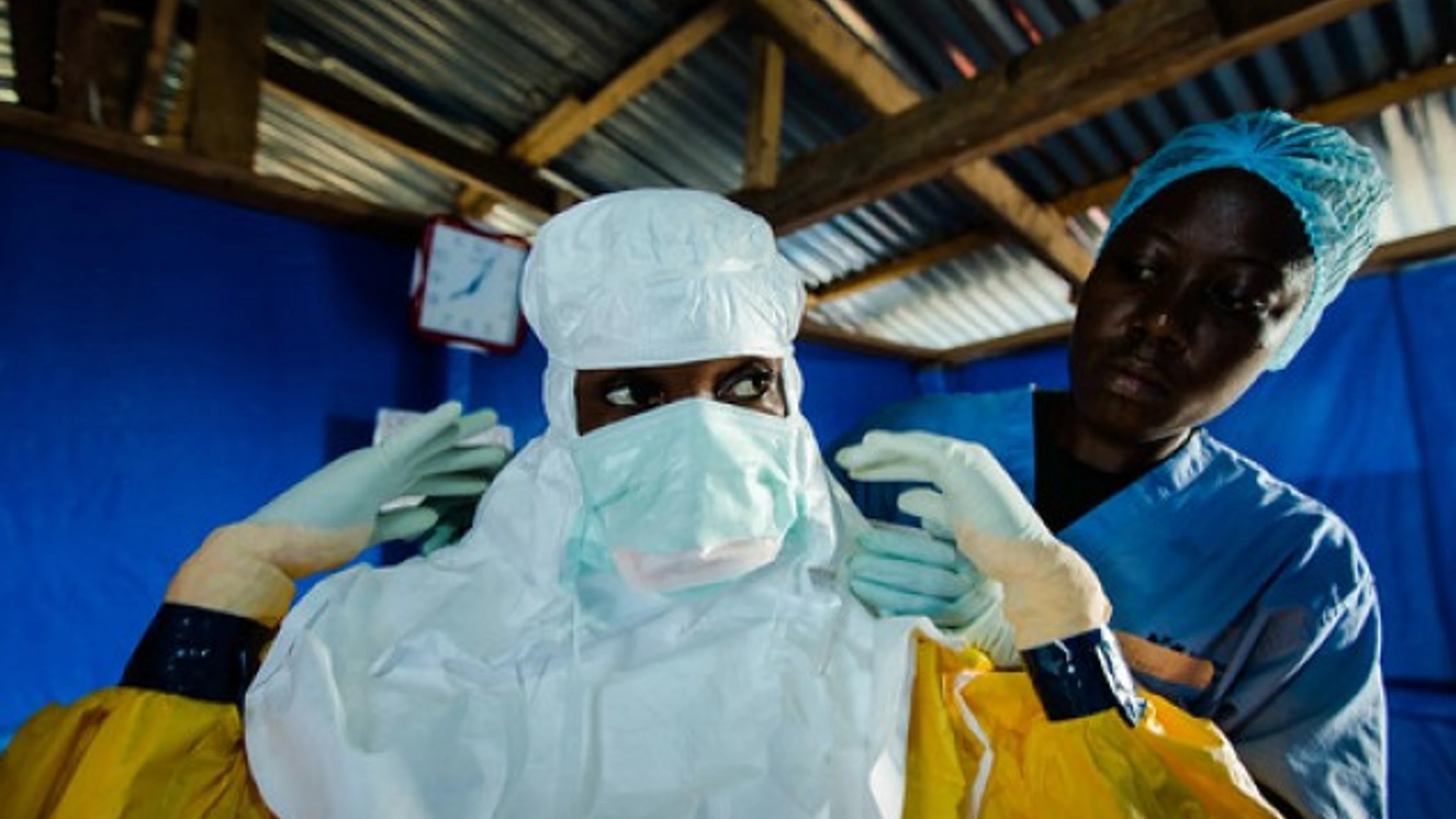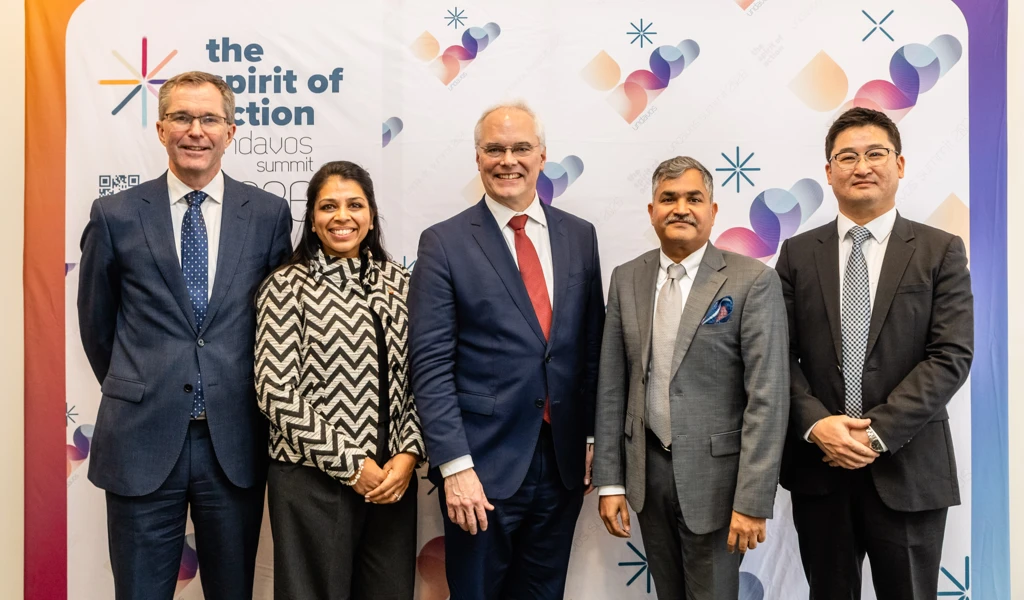The US Agency for International Development, USAID, has today announced US$20 million in financial support of CEPI to advance the development of vaccines against emerging infectious diseases.
Set up in response to the 2014-2016 Ebola outbreak in West Africa, CEPI launched in 2017 to stimulate and accelerate the development of vaccines against emerging infectious diseases and enable access to these vaccines for populations when and where they are needed to end an outbreak or curtail an epidemic, regardless of ability to pay.
The funding—which will be provided by USAID over a five-year period from 2020 and subject to Congressional approval on an annual basis—will be used to support CEPI's vital vaccine development programmes against its current priority diseases: Lassa fever, Middle Eastern Respiratory Syndrome (MERS), Nipah, Chikungunya, Rift Valley Fever, and Ebola. The investment will also help advance innovative vaccine platform technologies, for rapid vaccine development against unknown pathogens (termed ‘Disease X'), which are already in use to develop vaccine candidates against COVID-19. With over a million lives lost to the disease, such investments will be key to ensuring that the world is better prepared to respond to potential future outbreaks.
We're incredibly grateful for USAID's commitment to support CEPI's mission to accelerate the development of vaccines against emerging infectious diseases. As COVID-19 has shown, emerging infectious diseases affect us all - they do not respect borders. This will not be the last pandemic threat we face this century, so we need to work together to ensure that the world is collectively prepared to respond to future outbreaks of known and unknown pathogens. USAID and the broader US Government's investment in vaccine innovation have already made huge progress in tackling recent outbreaks of Ebola, as well as the COVID-19 pandemic through Operation Warp Speed. This partnership will therefore be crucial to continue to support leading vaccine research that will strengthen the world's ability to respond to future epidemics.
As the world attends to the devastating COVID-19 pandemic, we must ensure that we have sufficient investment to further our programmes against other potentially devastating diseases, including Chikungunya, which, with increasing ecological change, has affected US shores. As one of the world's premier international development agencies, USAID's unparalleled expertise and financial support will help further our joint missions to improve epidemic preparedness and strengthen health security to protect both the US and the world. It is only through acting together, in a coordinated fashion, that we can achieve this goal. We are therefore delighted to be working with USAID and look forward to building our collaboration with USAID and other key US partners to strengthen our critical work.
As an innovative global partnership between public, private, philanthropic, and civil society organizations, CEPI is exactly the kind of partner with which USAID looks to collaborate. CEPI's critical work to accelerate the development of vaccines against emerging infectious diseases and enable access to these vaccines during outbreaks will be an important contribution to the U.S. Government's efforts to prevent, detect, and respond to infectious disease threats, as defined by the U.S. Global Health Security Strategy. CEPI's work also fits squarely in line with USAID's mission to protect Americans at home and abroad, save lives, strengthen fragile states, and promote social and economic progress. We look forward to this partnership.
The new CEPI-USAID collaboration builds on a number of existing partnerships between CEPI and world-leading US biomedical institutions including the US National Institute of Allergy and Infectious Diseases (NIAID), as well as a wide range of US-based vaccine developers who are working with CEPI to develop vaccines against COVID-19, MERS, Nipah virus, Lassa fever, and Rift Valley Fever. These developers include Auro Vaccines, Colorado State University, Emergent Biosolutions, International AIDS Vaccine Initiative (IAVI), Inovio Pharmaceuticals, Moderna, Novavax, and The University of Pittsburgh (see CEPI's portfolio for more details).
For over 50 years, USAID's global health programs have saved lives, protected people most vulnerable to disease, and promoted the stability of communities and nations, while advancing national security and prosperity. USAID's global health efforts are focussed around three strategic priorities: preventing child and maternal deaths; controlling the HIV/AIDS epidemic; and combating infectious diseases. Their work to respond to infectious diseases includes strengthening health security capacities in partner countries, the U.S. President's Malaria Initiative, and investments in tuberculosis, neglected tropical diseases, and emerging infectious diseases.
With this financial contribution, the US joins a number of sovereign governments, philanthropic institutions and private sector companies providing investment to support CEPI's mission. An additional US$800m is still urgently required to advance CEPI's COVID-19 vaccine portfolio to increase the number of ‘shots on goal' and improve our chances of finding a safe and effective vaccine/s.
Image credit: Morgana Wingard, USAID



